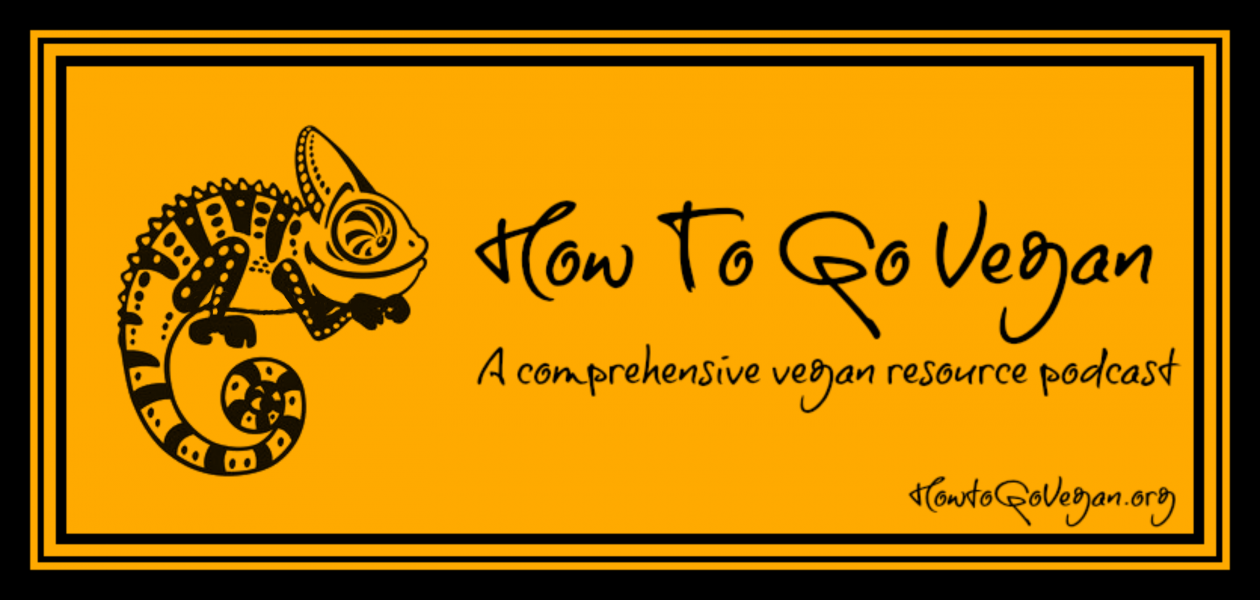Podcast: Play in new window | Download
Just as we do not need to be a human rights activist to avoid contributing to human rights violations, we don’t need to be actively engaged in vegan education to be vegan. As as side note, if we are an animal advocate, we certainly need to be vegan and hopefully promoting vegan education only. I discuss the problems with single issue campaigns in another episode. If we claim to be an advocate for animals, but we are not vegan, that would be like a human rights activist being involved in the same gross human rights violations they purportedly claim they are campaigning against.
But back to the question.
Being vegan is simply a matter of changing our habits to conform to values of justice and nonviolence that are not limited to human animals but include, as true justice should, all animals. While becoming vegan may take some additional time in the learning phase, it is no more time consuming than having a good habit replace a bad habit. We can still focus our time on other important issues while simply leaving animals alone.
Every animal, both human and non-human, has the inherent right to freedom from harm.
Veganism is not the end of all harm. It is the beginning.
Right this moment we may not have the power to stop a woman from being harmed by her partner or children from being forced into slavery, but we are empowered to stop our own participation in the harm that is caused by the production of all things non-vegan.
Everything is interconnected. We may think that exploiting vulnerable animals is not connected to injustice toward humans, but if we look closely, this supremacist attitude –that it’s acceptable to exploit the vulnerable because we can– doesn’t stop there.
(Shared with kind permission of Angel Flinn. Please note this FAQ has been slightly edited).
![]()
